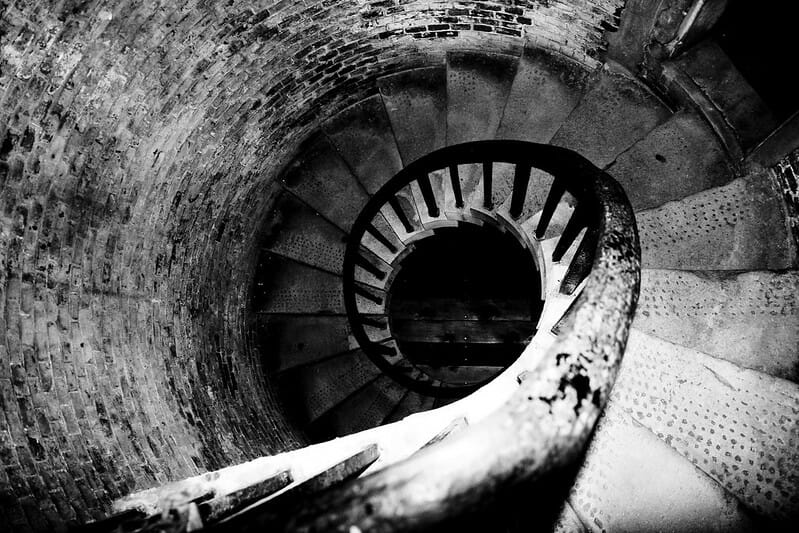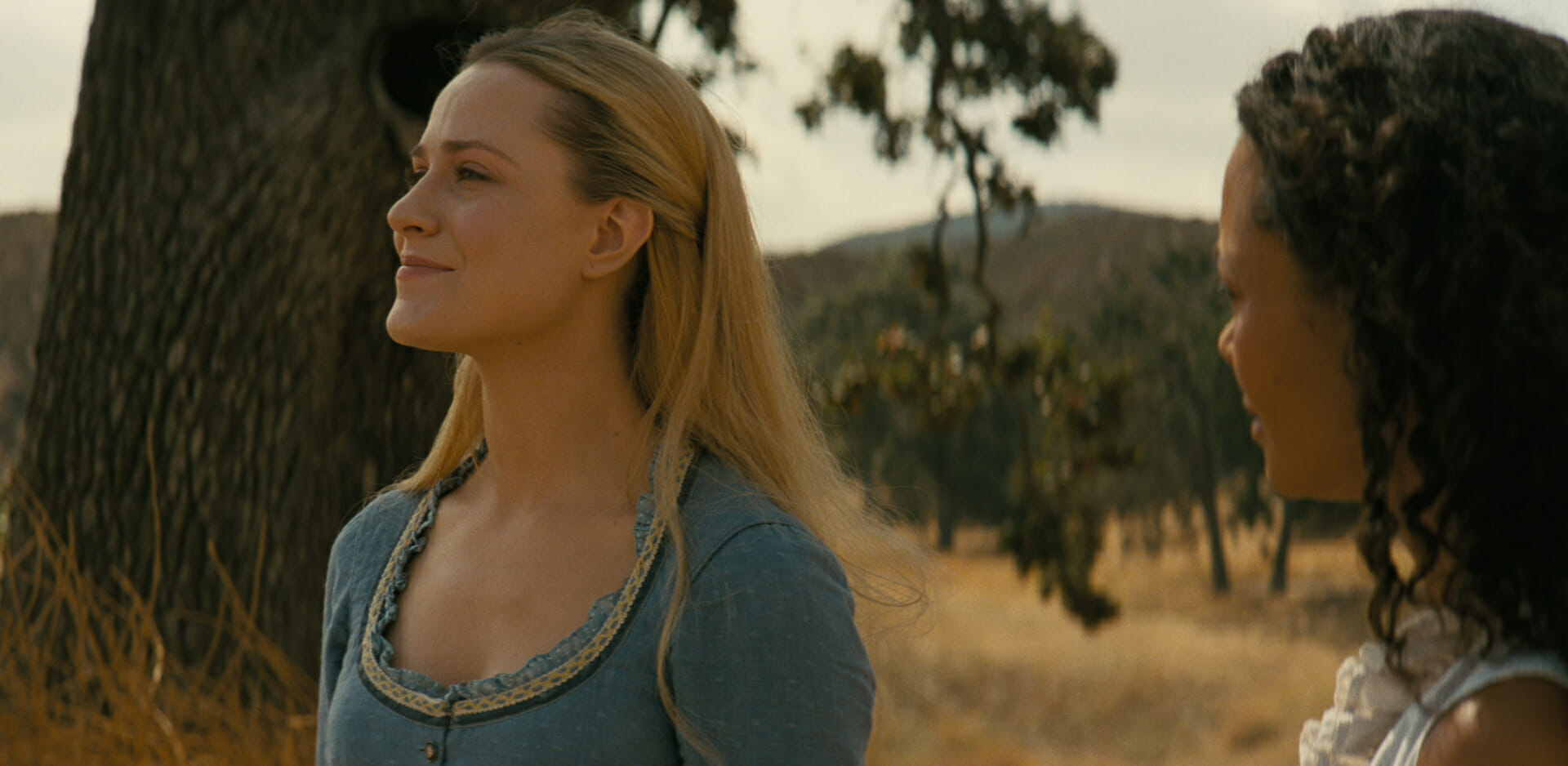
Luis Borges' Fictions is a game of chance
Length
Gabriel Garcia Márquez and Jorge Luis Borges are both known as magical realism authors, yet they manipulate the narrative substance conversely. On one side, there is the opulence of a family saga, so voluminous that, as Martin Amis and Salman Rushdie recall in a beautiful conversation, Borges is supposed to have said that García Márquez’s great novel was “too long. It should be just Fifty Years of Solitude.”
Despite this sentence might be apocryphal (or not) – it is true that ten pages are enough to establish the accurate ratio of Jorge Luis Borges’s works of fiction. In Fictions, he has gathered in not much more than one hundred and seventeen pages, some sleek short stories, and synthesized their topics in their titles.
Tricks and the layers of literature in Fictions
Hidden in mirrors and mazes, fictions are what builds our common and everyday interpretation of reality. They are like tricks and literature layers, that writers use to manipulate, play with, and over-interpreting. In Babel Library, to which Umberto Eco pays homage in The Name of the Rose, naming the librarian of the monastery Jorge da Burgos, words and symbols combine in infinite sequences, meaningless or significant. The search for truth becomes thus an infinite circle destined to repeat itself: Nietzsche’s Eternal Return. The proliferation of possibilities deranges the reader.
As a result, Borges mocks the concept of authorship and the idea of the original version of the literary work or reality itself, like in Pierre Menard, author of Chisciotte. Italo Calvino, writing about Carlo Emilio Gadda said that he envisioned “reality as an artichoke”. For Borges instead, the reality is a “Garden of Forking Paths”, built of ramifications. Infinite variations move parallel to each other, each with a different outcome.
Borges’ heritage in contemporary literature and cinema
Fictions is a game of chance, the concrete possibility of putting into action all the innumerable choices in all the numerous existing universes. The book influenced writers such as Italo Calvino (Il Castello dei Destini Incrociati), Roberto Bolaño, and George Perec (along with the French OuLiPO movement), but not only them.
Borges’s heritage shines on Christopher Nolan’s circular idea of time, or in the mazes of the mind filmed by Charlie Kaufman. The finite nature of the novel’s shape struggling with the endlessness of its content, the encyclopedic summary of knowledge. Fictions is the allegory that better expresses the sense of contemporaneity: a blob made up of the accumulation of the past, the continuous co-presence of irony, and anguish.
Tag
Buy a ☕ for Hypercritic










